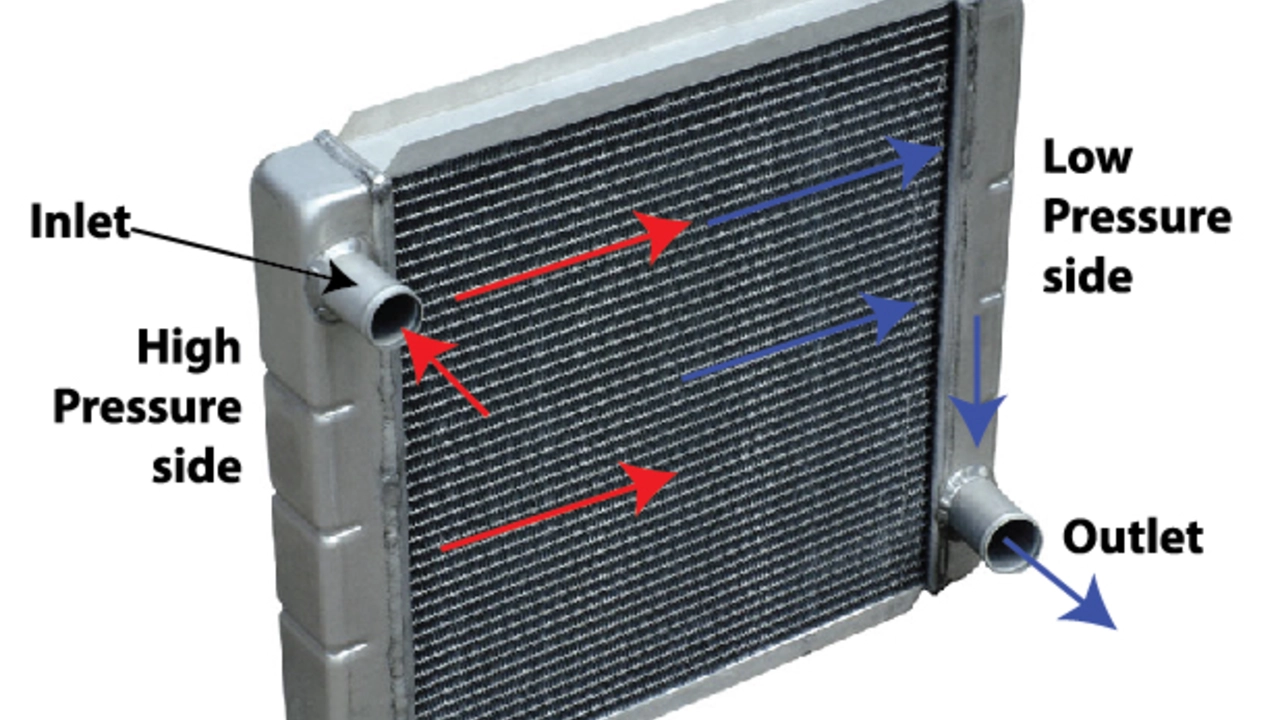Vehicle Maintenance Guide for German Sports Cars
If you own a Porsche, BMW M, or AMG, you know the thrill of pushing power to the limit. That excitement fades fast when a simple upkeep slip causes a costly breakdown. Below are straight‑forward steps that keep your high‑performance machine happy without a PhD in engineering.
Check the basics every week
Start with oil level and quality. German engines love low‑viscosity oil that flows quickly, so pull the dipstick when the engine is cold and look for a clear, amber hue. If it looks dark or gritty, it’s time for a change.
Next, glance at coolant. A proper mix of water and german‑approved antifreeze should sit between the min and max marks on the reservoir. Low coolant can lead to overheating, especially on track days when the engine works overtime.
Tire pressure is another easy win. Sports tires are designed for precise pressures; under‑inflated wheels waste grip and over‑inflated ones lose contact. Keep a portable gauge handy and check before every spirited drive.
Focus on cooling and brakes
The radiator is the heart of your cooling system. If the radiator feels cold while the engine runs hot, you might have an air lock, a stuck thermostat, or a blocked core. Look for buildup around the fins and clean out any debris. A blocked radiator can raise engine temps by dozens of degrees in minutes.
Brake performance is non‑negotiable on a German sports car. Listen for squeal, feel for spongy pedal feel, and measure pad thickness regularly. Worn pads or warped rotors reduce stopping power and can damage the calipers. Replace pads before they dip below 3 mm and consider high‑performance brake fluid for better heat resistance.
Don’t forget the brake fluid reservoir. German brake systems use DOT 4 or DOT 5.1 fluid, which boils at higher temperatures than standard fluid. If the fluid looks discolored or the level is low, flush and refill to maintain optimal braking.
Air filters, spark plugs, and timing belts also deserve a look. A clean filter lets the engine breathe, fresh plugs keep combustion smooth, and a timely belt change avoids sudden engine failure. Follow the manufacturer’s mileage guide but inspect a bit earlier if you drive hard on the track.
When you need parts, choose quality over price. Original equipment or premium aftermarket components from German Sports Car Parts are engineered to match the exact specifications of your model. Cheap knock‑offs may save pennies now but can cost you thousands later.
Schedule a professional service at least once a year, even if you’re doing most checks at home. A qualified tech can spot wear patterns you might miss, run diagnostic scans, and ensure software updates are applied—something modern German cars rely on heavily.
DIY work is fine for fluid checks, filter swaps, and brake pad changes, but leave engine internals, suspension geometry, and electronic system tuning to the pros. Mistakes in those areas can quickly turn a thrill ride into a repair shop nightmare.
Finally, keep a maintenance log. Jot down dates, mileage, and what you inspected or replaced. Over time you’ll see patterns—like a radiator that heats up after 8,000 miles—and can plan ahead before a problem shows up on the road.
Stick to these habits and your German sports car will reward you with consistent performance, reliable handling, and the kind of pure driving joy that made you fall in love with it in the first place.
